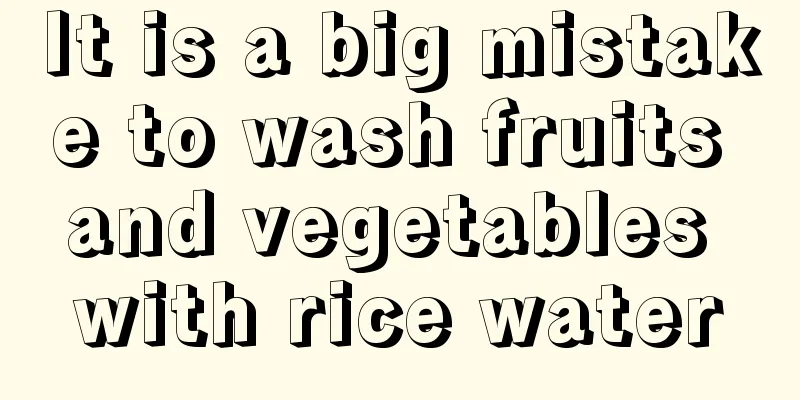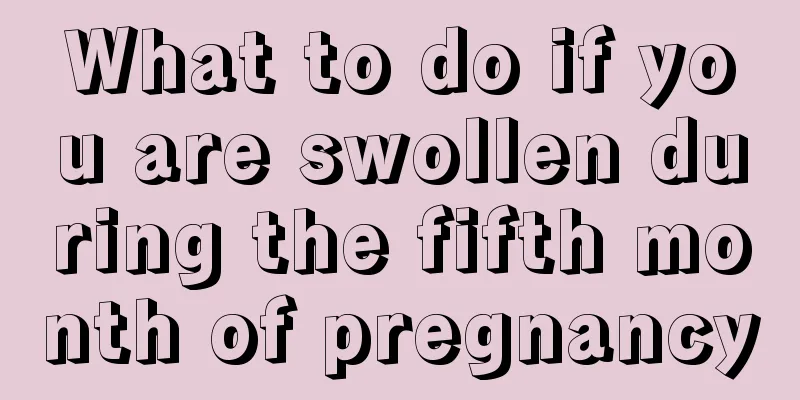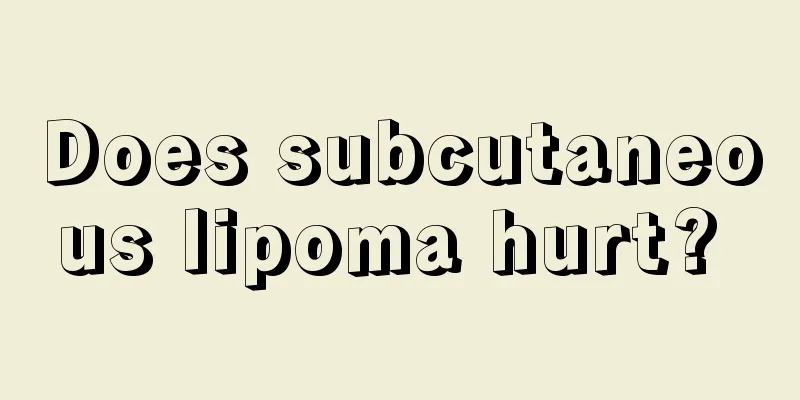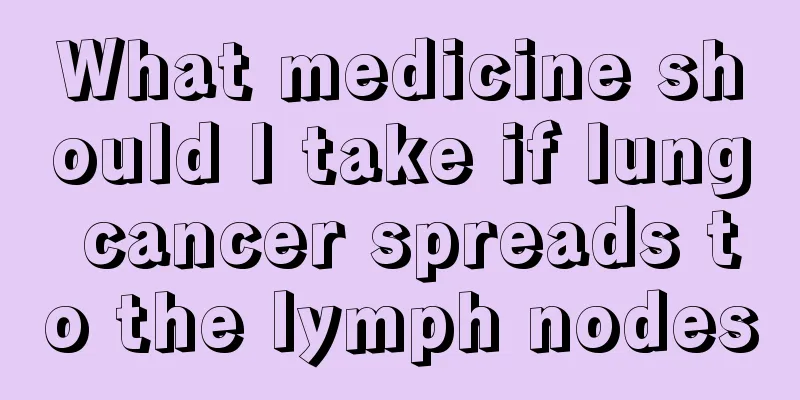It is a big mistake to wash fruits and vegetables with rice water

|
There are hundreds of cleaning methods circulating on the market, but according to experts' personal experiments, washing with running water is the most effective. The conclusion is that clean water is the most effective in removing contact pesticides. Experts added that when the laboratory tests for pesticide residues, the fruits and vegetables to be tested are not washed, and the skin is broken up for testing. The data obtained is the most realistic. However, people will wash them before eating, and cook them before eating, so the residual chemicals are almost completely destroyed. There is really no need to worry too much! Mistake 1: Using rice water There are also problems with pesticides and insect eggs in rice. In addition to the problem of using dirty water to wash vegetables, there is usually only one basin of rice washing water, which is not enough to wash away the pesticides. The vegetables are soaked in it, and the rice washing water becomes a pesticide pool. That water is dirtier than the unwashed vegetables, so why would it be used to wash vegetables? Mistake 2: Using Salt Water Salt water can make insect eggs, borers, etc. fall off more easily, but salt will reduce the cleaning ability of water. Moreover, if the salt concentration is too high, it will form osmotic pressure, allowing pesticides in the water to enter the fruits and vegetables, which is counterproductive. Mistake 3: Vegetable and fruit cleaners Many of them contain surfactants and have complex ingredients. They should be rinsed clean with plenty of water after use to avoid secondary residue problems. Mistake 4: Extending the soaking time It is not recommended to soak for more than 30 minutes. In addition to causing the loss of nutrients, the amount of pesticides that can be dissolved in the water is limited, which means that the water has become clean and polluted again, causing the amount of pesticides in the water to be the same as that in fruits and vegetables. Mistake 5: Using an ozone machine to wash fruits and vegetables It can only remove pesticides on the surface of fruits and vegetables. Its cleaning power is similar to that of water. Moreover, many pesticides cannot be destroyed by ozone. Some fruits and vegetables contain nitrogen, which will form nitrates or nitrites after reacting with ozone. In the event of ozone leakage, there may be health risks. Experts remind that if you are still accustomed to adding baking soda, tea seed powder, etc. when washing, do not ignore the step of rinsing with plenty of clean water just because you use these items! Because pesticides are acidic, they can be neutralized by alkaline substances such as baking soda and bitter tea powder to achieve the purpose of removing pesticides, but they still need to be rinsed with plenty of clean water afterwards, so experts recommend washing directly with clean water. |
<<: 7 Things Your Teeth Want to Tell You
>>: Never rinse raw meat under the tap
Recommend
Is it harmful to take X-rays of babies?
When a baby is sick, it is the saddest time for t...
How can lung cancer be treated effectively
How can lung cancer be treated effectively? Lung ...
New dietary goals for teratoma
Once a teratoma is diagnosed, you need to go to t...
High-risk age for uterine cancer
For people today, health is the most important th...
Is it good to drink mung bean soup while taking medicine?
I wonder if you have ever encountered some people...
Still using a glasses cloth? Lens cleaning agent is more convenient
Nowadays, there are more and more electronic prod...
Function of cerebrospinal fluid
The human brain is a very important organ, and th...
How should patients with gastric cancer eat
Experts tell the majority of gastric cancer patie...
What are the symptoms of psychological disorders
The manifestation behaviors of psychological diso...
Why does the upper left side of my belly button hurt?
In our daily life, only by ensuring a healthy bod...
Do raw pickled shrimps have parasites?
Shrimp is a seafood that many people love to eat....
Can non-small cell lung cancer be cured
Compared with small cell lung cancer, non-small c...
Can early lung cancer be cured? Surgery has a good effect
Relatively speaking, the chances of curing early-...
How to treat ankylosing spondylitis with medicine?
The spine is one of the most important bones. It ...
Indications of chloral hydrate solution
Chloral hydrate solution is a common drug for tre...









